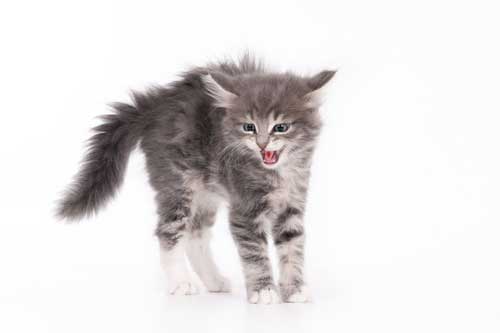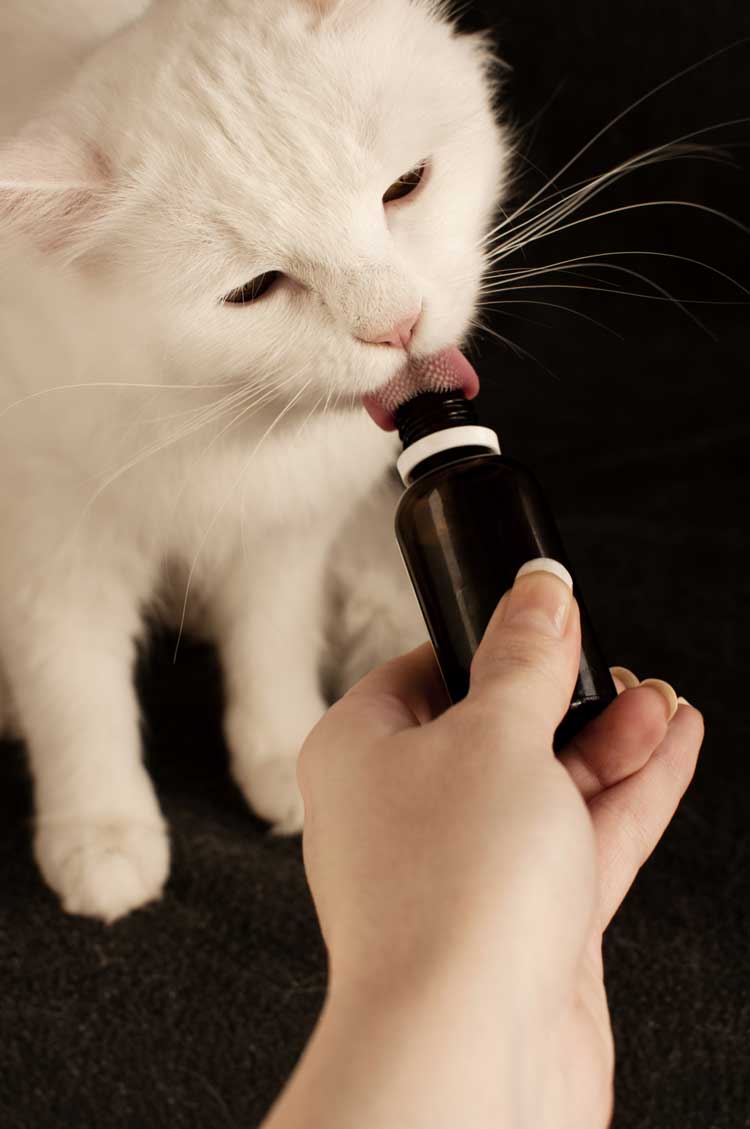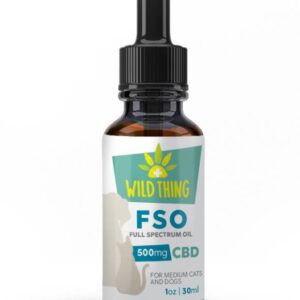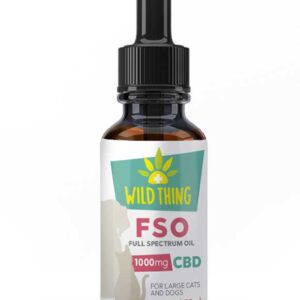Cats have many defining characteristics: confidence, bravado and determination. One side of cats we don’t often see is their capacity for fear. Feline phobias, like any irrational fear, can be extremely distressing for your cat.
It’s a common occurrence in the pet-lover’s household: a kitten, barely the size of a pound of butter and as fluffy as the inside of a pillow, hissing at and staring down your 200-lbs dog. Cats are usually cool, calm and self-righteous to the point of being over-courageous. Nevertheless, our feline friends can suffer from debilitating phobias and mental stress.
A cat’s fears can originate from instincts, learned/behavioral stress, trauma, or can be caused by a number of underlying health issues. It’s been a long time since our modern felines were stalking in the wilds, but their natural instincts can initiate certain phobias like a fear of fast moving objects, exposure to water or even phobias of certain scents. Regardless of the cause, your cat’s phobias need to be addressed as quickly as possible to avoid some of the long-term health repercussions associated with manic anxiety or fears.
Ailment Guides:
Bad Breath In Cats
Kidney Disease In Cats
Anemia In Dogs
Feline Fears & Anxiety
What Causes Phobias in Cats?
Stress is a very common but largely misunderstood problem for both humans and animals. Fear, anxiety, depression have all been widely researched in people, but our furball companions’ capacity for fear is mostly on an “interpretation” basis. Another complexity of feline phobias: fear is usually “individual”, and cannot be generalized when considering the certain breeds or the species as a whole.
In terms of researched, categorized phobias and their causes, the common types are:
- Unfamiliar Environment – New home, new rooms in the house, shelter, cat-sitters, newly outdoors or recently restricted to just indoors
- Traumatic Place – serious injury or illness, associated with certain place or time of year (i.e. locked outside in the freezing cold, left in a kennel overnight, locked in a room by accident)
- Traumatic Character – serious injury or illness, associated with certain people, pets left in a kennel overnight, locked in a room by accident, (i.e. forced to share living space with an unfamiliar creature, such as reptile, dog or new cat)
- Traumatic Behavior – certain behavior, past or present, that might be associated with a traumatic event (i.e. act of climbing stairs led to broken bones in a fall)
- Adverse Reaction – usually associated with reactions or sickness related to food, medications or ointments (i.e. vomiting or diarrhea after eating a new food, taking a new medicine)
- Warning Scent – a familiar smell associated with danger or negative memory (wildlife, such as a Raccoon), or a new scent that can trigger instinct-response (fight-or-flight from the smell of another cat)
- Sensory Overload – any loud noises, bright flashes, rapid movements or surprising elements (i.e. such as fireworks, fires, electrical surges or flooding)
Symptoms of Feline Phobias:
Fear is not always simple to diagnose. Panting, licking, twitching, itching and meowing are quite obvious, but symptoms of phobias can manifest in more subtle ways as well. Some of the major signs to look out for a phobic attack :
- Aggression
- Sprinting, running, jumping or climbing
- Disorientation
- Urination or defecation (overly frequent, or not in litterbox)
- Hiding
- Reduced self-grooming
- Change in appetite (suddenly over-eating or refusing to eat)
- Staying eerily still for long periods of time (Fear Paralysis)
Swipe At Phobias Before Fear Digs Its Claws in Your Cat
Fear response usually consists of either “fight” or “flight”. To avoid causing your cat becoming aggressive or anxious, knowing your cat’s triggers and minimizing their occurrence is the best way to fight phobias. If your cat is an outdoor feline, it can be more difficult to control your cat’s environment. However, monitoring things like weather, neighborhood cats, and other potential stress elements can help you map/schedule your cat’s forays into the outside world.
Why CBD Can be an Effective Treatment For Your Feline Phobias
CBD – or Cannabidiol – can be an effective remedy for your cat’s fears and anxities.
CBD – or Cannabidiol – can be very beneficial for the prevention of neurological disorders, and an effective remedy for the symptoms of neurological diseases. CBD oils and treats can assist in the prevention of infections and reduction of tumors, lessen the effects of lethargy, gastrointestinal issues and skin & coat deterioration.
CBD is generally effective and it has been widely used for increased cognition in cats. Think of CBD as a supplement that can reduce the severity and frequency of most phobic symptoms, and it also has the benefit of reducing anxiety, stress and nervousness.
CBD has the capacity to block pain receptors from being triggered, effectively stopping chronic pain or mental fog from taking their toll on your cat. Cannabidiol does not just block the pain however, it can also reduce swelling and inflammation in the body.
CBD is a phytocannabinoid that has been shown to have a prominent effect on numerous ailments. CBD does this by interacting with your cat’s endocannabinoid system. Almost all animals, like people, have an endocannabinoid system; this network of neurotransmitters is integral to physiological processes like memory, mood, pain, stress and appetite.
CBD can help your cat by producing anti-inflammatory, anti-anxiety, antipsychotic, antispasmodic and analgesic effects indirectly – that is, CBD interacts with your cat’s ECS (Endocannabinoid System) opposite to THC which directly binds to the Cannabinoid Receptors of the body. This does two things: makes the positive remedial properties more bioavailable to your pet; and lessens or negates the psychoactive effects, such as those associated with THC ingestion.
As you can see by the wide scope of ailments that CBD effects, it is clear how introducing CBD into your cat’s routine can help to maintain mental health and reduce stress.
Ailment Guides:
Can Your Dog Get A Cold
Lung Cancer In Dogs
Feline Dementia








